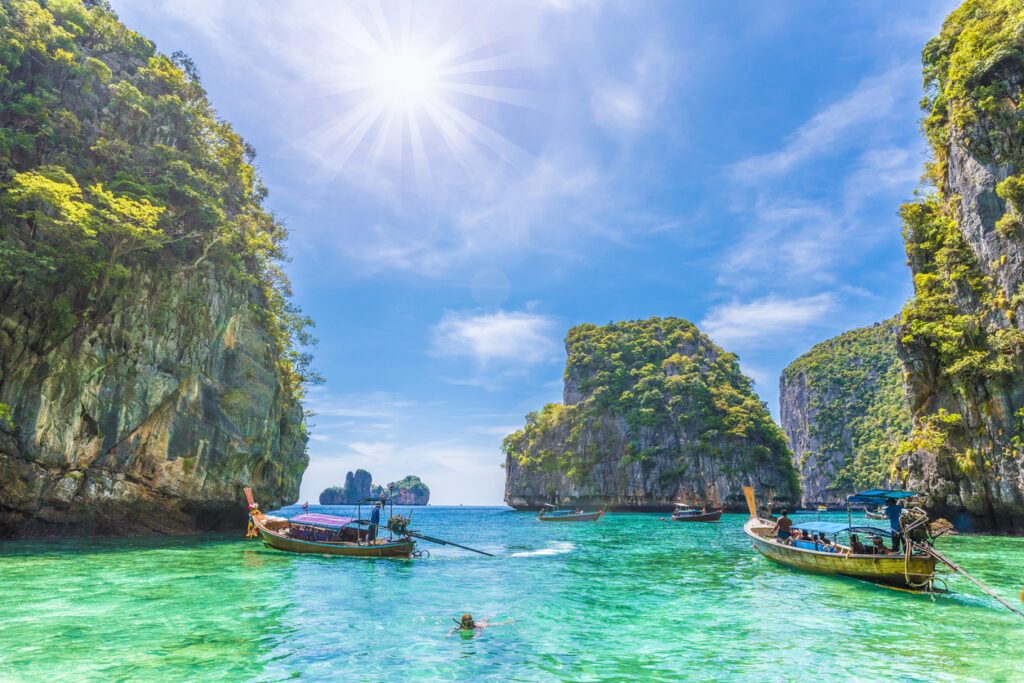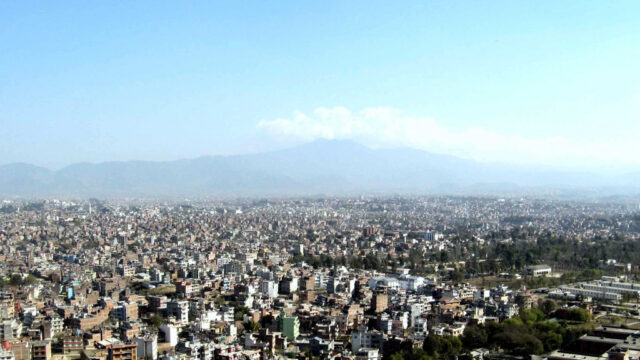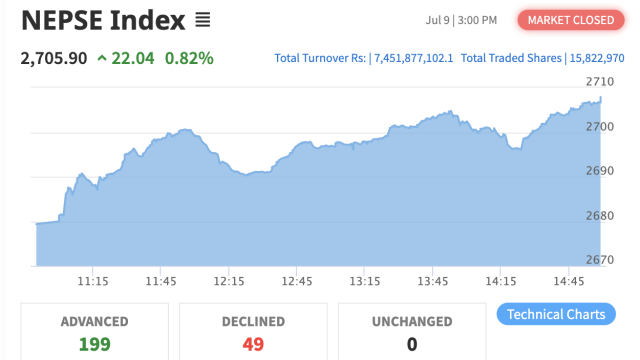Bali, long renowned as one of the world’s favorite island escapes, has consistently drawn millions of international tourists every year with its stunning beaches, lush rice terraces, and rich cultural experiences. However, the year 2025 is shaping up to be a turning point that might make some travelers reconsider their plans. A number of recent developments ranging from new regulations to rising costs and overcrowding have led to growing concerns among tourists and industry experts alike. So, is 2025 really the worst year to visit the island of the gods? Let’s take a closer look at the issues, facts, and what may lie ahead for visitors planning a Bali getaway.

1. Confusion Around New Rules and Regulations
One of the major topics swirling around Bali tourism for 2025 is the introduction of new Indonesian laws, particularly an updated criminal code that has sparked rumors and fears. The most talked-about changes involve restrictions on cohabitation and relationships outside of marriage. While these laws have raised concerns, especially among unmarried couples who fear legal repercussions during their stay, the reality is that enforcement remains largely a non-issue for tourists. Bali, which heavily relies on tourism, is unlikely to see these laws actively policed in tourist-centric areas. The confusion surrounding these changes, fueled by sensational media reports, has led some to label 2025 as a bad year for visiting, though the on-ground situation for most travelers remains unchanged.
2. New Tourist Fees and Rising Costs
Another factor deterring potential visitors in 2025 is the increase in tourism-related costs. The island has been exploring various fees, such as an environmental levy and tourist taxes, aimed at funding eco-friendly initiatives and infrastructure development. Some regions have already implemented small charges for conservation efforts, like protecting coral reefs and cleaning beaches, while others are considering higher taxes on hotel stays and accommodation. While these fees are not excessive, they do mark an uptick in Bali’s overall cost of travel, especially for budget-conscious travelers. Though Bali remains relatively affordable compared to other tropical destinations, the rising costs could dampen the appeal for those who have fond memories of its once-budget-friendly vibe.

3. Crowds and Over-Tourism
Bali’s popularity has been steadily increasing over the years, and this growth has brought with it the challenge of over-tourism. During peak seasons, the island’s beaches become overcrowded, traffic becomes nearly unbearable, and iconic attractions like the Gates of Heaven at Pura Lempuyang see long lines of tourists. The government has been working to promote less-visited areas of Bali to spread the crowds, but for those seeking a tranquil retreat, the sheer volume of visitors in 2025 might be a significant deterrent. Many are fearing that Bali could soon face a full-scale over-tourism crisis, further tarnishing the island’s once serene atmosphere.
4. Environmental Pressures
Bali’s environmental challenges are no secret. From plastic pollution to water shortages, the island has been grappling with the negative effects of mass tourism. Recently, there have been efforts by local communities and government authorities to reduce single-use plastics and promote sustainable farming practices, but some critics worry that these measures may not be enough to counter the environmental degradation caused by ever-growing visitor numbers. In 2025, with continued heavy foot traffic, Bali’s delicate ecosystems could face even greater strain. Environmentally conscious travelers are now questioning whether Bali’s environmental infrastructure will be able to sustain the current levels of tourism without compromising its natural beauty.

5. Traffic and Infrastructure Struggles
Bali’s infrastructure, particularly its road networks, has long been a source of frustration for both locals and tourists. The island’s roads, originally built for far fewer vehicles, are now congested with cars, buses, and motorbikes, especially in high-traffic areas like Kuta, Seminyak, and Canggu. With plans for widening roads and implementing public transport options, it’s hoped that some relief will come in the future. However, construction projects can only do so much, and the traffic jams that already plague the island are expected to worsen as tourism continues to boom. For travelers seeking hassle-free commutes, this could be a deal-breaker.
6. Changes in Cultural Expectations
Bali’s rich culture, from its temples to its ceremonies, has always been one of the main draws for tourists. However, the rise in disrespectful tourist behavior such as inappropriate conduct at sacred sites has led to calls for stricter regulations on how visitors should behave when interacting with the island’s cultural and religious sites. In response, local authorities may implement stricter rules regarding dress codes, photography, and general behavior. While these changes are intended to protect Bali’s cultural heritage, some travelers may feel that Bali is becoming less tolerant of the free-spirited, laid-back atmosphere it was once known for.

7. High Expectations vs. Reality
Bali has long been romanticized as the ultimate tropical paradise, thanks in part to travel blogs, Instagram influencers, and glossy magazine spreads. However, as tourism has exploded, some visitors have found that Bali is no longer the idyllic, untouched destination it once was. In some areas, the island can feel overly commercialized, and the crowds can be overwhelming. For those with unrealistic expectations of a pristine, untouched Bali, the reality can be disappointing. Expectations that don’t match the reality on the ground contribute to the growing sentiment that 2025 might not be the best time to visit the island.
Should You Skip Bali in 2025?
So, is 2025 really the worst time to visit Bali, or is this just a case of travel rumors running wild? The answer depends on your travel preferences. While the rising costs, crowded areas, and environmental pressures may make Bali less appealing for some, others may still find plenty to love about the island, especially if they’re willing to explore less-visited areas or visit during off-peak seasons. Ultimately, Bali continues to offer incredible natural beauty, vibrant culture, and a warm, welcoming atmosphere, despite its challenges. It’s up to each traveler to weigh the pros and cons and decide if Bali still belongs on their 2025 bucket list.






